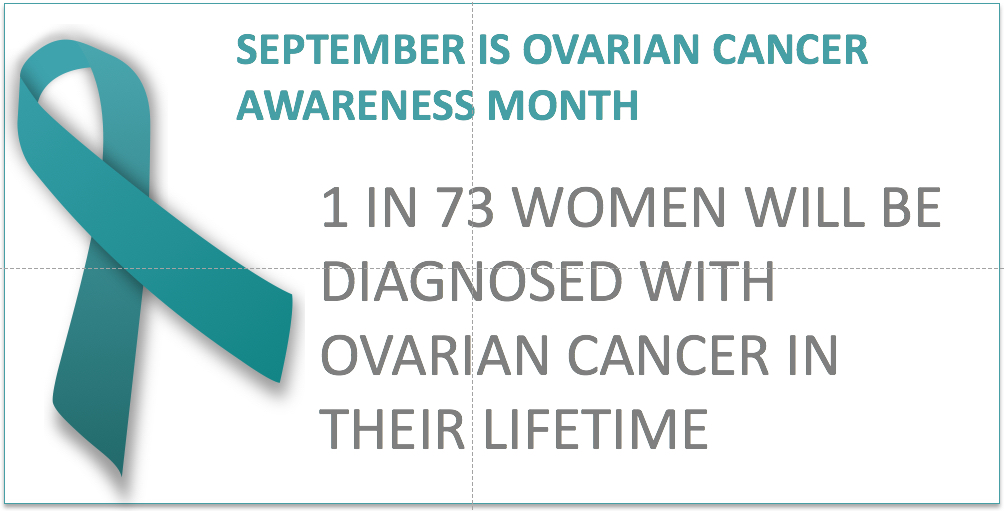Oral contraceptives were first introduced to American women in the 1960s. Since that time oral contraceptives have become the most popular form of birth control for its convenience, effectiveness, and reversibility. However, concerns have been raised about the role that the hormones in oral contraceptives might play in a number of cancers, and how hormone-based oral contraceptives contribute to their development.
For most women, especially young women, experts say the benefits of birth control pills far outweigh the risk. To explore the controversy, here are some frequently asked questions and answers.
Does Taking Birth Control Pills Increase My Risk of Developing Breast Cancer?
Maybe. Studies that have examined oral contraceptives (OCs) as a risk factor for breast cancer have produced conflicting results. In 1996, global epidemiologic data analysis found a slight increase risk of developing breast cancer in current or recent users of OCs. The risk was highest for women who began using the “Pill” as teenagers, however 10 years after stopping OCs, their risk factor was no greater than women who had never used them, despite their family medical history.
Another reputable study, the Women’s Contraceptive and Reproductive Experiences (Women’s CARE) study conducted between 1994-1998 produced contrasting results. It showed a woman’s breast cancer risk was not statistically increased by current or former OC use. It is important to note most studies have not found an overall increased risk of breast cancer due to the use of OCs.
Does Taking Birth Control Pills Increase My Risk of Developing Ovarian Cancer?
No. Studies consistently show that using OCs reduces ovarian cancer risk. In a 1992 analysis of 20 studies of OC use and ovarian cancer, researchers from Harvard Medical School found that the risk of ovarian cancer decreased with increasing duration of OC use. Results showed a 10 to 12 percent decrease in risk after one year of use, and about 50 percent decrease after 5 years of use.
OC usage has also been shown to significantly reduce the risk of endometrial (uterus) cancer. This protective effect increases with the length of time OCs are used, and continues for many years after a woman stops using OCs.
Do Birth Control Pills Increase the Risk of Other Types of Cancers?
Maybe. Evidence shows that long-term use of OCs – generally considered five years or longer – may be associated with an increased risk of cancer of the cervix. Although OC use may increase the risk of cervical cancer, the human papillomavirus (HPV) is recognized as the major cause of this disease.
Likewise, several studies have found that OCs increase the risk of liver cancer in populations usually considered low risk, such as white women in the United States and Europe who do not have liver disease. In these studies, women who used OCs for longer periods of time were found to be at increased risk for liver cancer.
However, OCs did not increase the risk of liver cancer in Asian and African women, who are considered high risk for this disease. Researchers believe this is because other risk factors, such as hepatitis infection, outweigh the effect of oral contraceptives.
Azsunshinegirl, aka Lynette Summerill, is an award-winning journalist who lives in Scottsdale, Arizona. In addition to writing about cancer-related issues, she writes a blog, Nonsmoking Nation, which follows global tobacco news and events.





Add a CommentComments
There are no comments yet. Be the first one and get the conversation started!